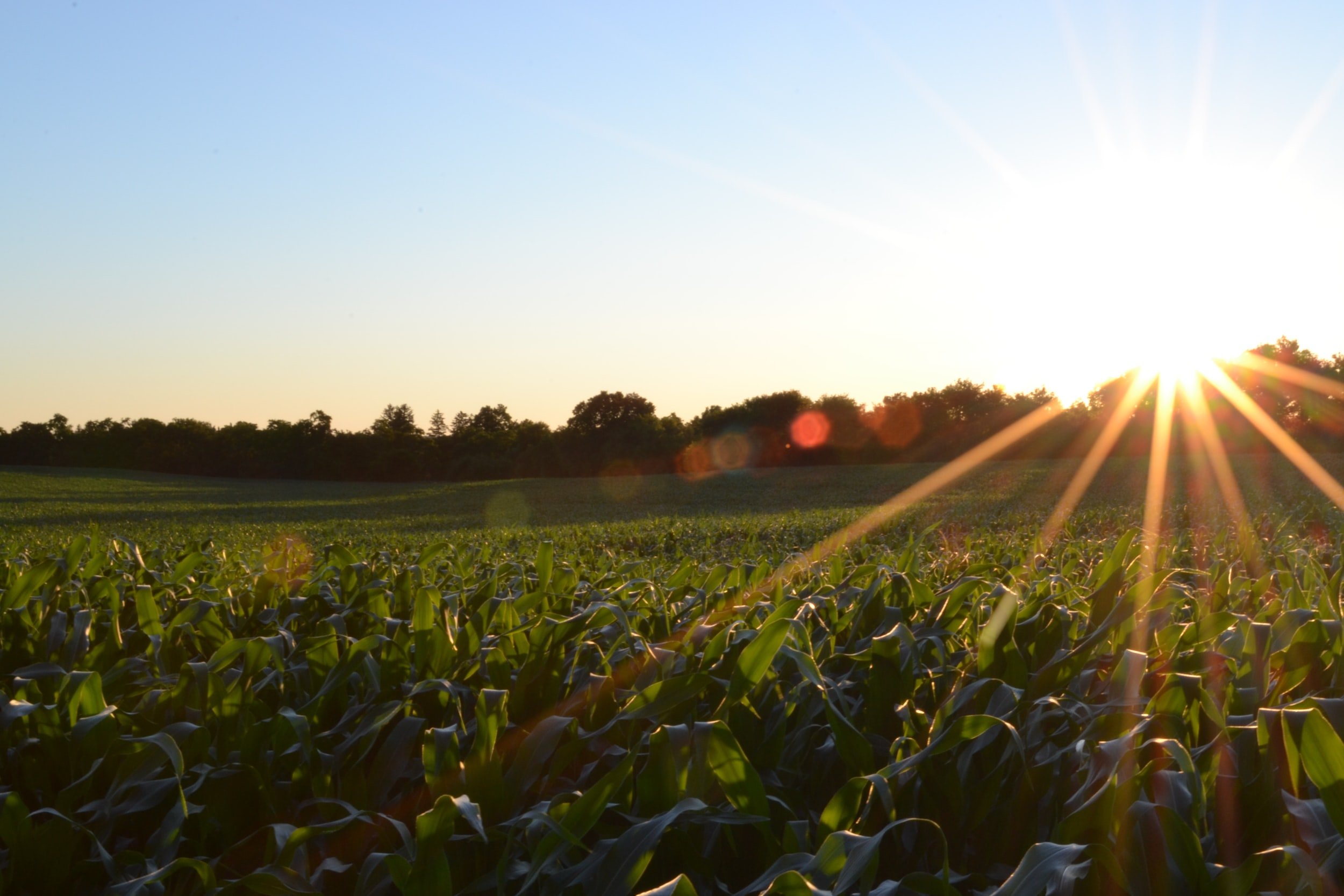
cover crops fuel healthy farms
Scout Seed Co. was founded to help farmers of the Southern Coastal Plain improve the health and wealth of their farms. We’re all here to be stewards of the land and our communities — cover crops are a key component for that work. Add cover crops to your rotation for a more profitable farm, healthier soil, and cleaner waterways.
Scout Seed Co.’s Cover Crop Specialist, Doug Newton, has been farming for decades. We’re gathering as much of his cover crop wisdom as possible — for us all to benefit!
Follow A Cover Crop Journey
-

Newton Farm Starts No-Till Farming
All progress depends on apparently lazy people, people that question the status quo and find a better and “easier” way. Industrious people put the nose to the grindstone and let it rip. I never minded sweating, but sweating just for the fun of it, no thank you.
-

How We Kept Weeds Away Without Plowing
One of the important issues to be resolved was how are we were going to control weeds in this no-till plot without plowing. In our conventional tillage, farming the weeds between the rows of the crop are destroyed by plowing. How would we keep the weeds at bay without cultivating?
-

Seeing No-Till Work For The First Time
I asked my buddy to give me a heads up when that black oat field was to be planted because I wanted to be there to see it for myself. When I got the call, I stopped what I was doing and headed over and in rolls the tractor with a planter hooked to it, but with no strip-till rig in sight.
-

Finding Time to Plant Cover Crops
On our first cover crop year the thought of chuckin’ this madness in the creek did cross my mind. Time was running out to get the cover crop in and we saw no light at the end of the tunnel for finding time to do it.
-

How Can I Afford Not To?
Although our hosts participated in the NRCS cover crop programs, they planted cover crops on all their acres, so a great number were out of their pockets. We asked, “How in the world can you afford that?” They responded, “How can we afford not to?” Don’t you hate it when what you learn only creates more questions?
-

What We Learned When It Didn't Rain
Several years later we needed help in getting the cover crop planted and again we opted to have the seed flown on, part in soybeans and the other part in cotton. We flew the seed on in mid-September, the leaves dropped, it didn’t rain, it didn’t rain, and then it didn’t rain.
-

Cover Crop Rigs To Make Planting Easier
One way of handling the planting bottleneck is to have the cover crops custom planted. In fact, the planting rig described previously is used by Scout Seed Company to custom plant for customers. This venture was well-received and it stays busy.
-

More to come
Check back soon for new posts!
Hello, my name is Doug!
I’m a long-time cover crop advocate and a farmer with over 49 years of experience.
I joined Scout Seed Co. as in-house cover crop specialist after 20 years of real world, on-farm experience with growing cover crops.
My main priorities are helping people and doing what is right, which is a big part of the reason as to why I started this page: to share some of my knowledge on cover crops and how to incorporate them into your farm to increase yields and save you money.
There are videos, and articles, and you can follow us on social here.
I hope you enjoy, learn something, and share with others!
The Cover Crop Glossary
-

What is a Cover Crop?
Any seasoned farmer is skeptical of any farming solution that just sounds too good to be true. However, in the case of cover crops, which can perform such a wide range of important duties, farmers do indeed have a solution to many tough problems that is both effective and time-tested.
-

Brassicas
The plant family Brassica includes radishes, mustards, turnips, and cabbages, among many others. In the context of cover crops, the Brassicas are an excellent way to prevent weeds and reverse soil compaction.
-

Grasses
Grasses perform numerous functions when used as cover crops: preventing erosion, inhibiting weed growth, increasing organic matter in soil, and nitrogen retention.
-

Legumes
Legumes can be thought of as the original fertilizer. Whether or not you plan to use commercial fertilizers, legumes remain an economically and ecologically responsible way to introduce nutrients into the soil.







